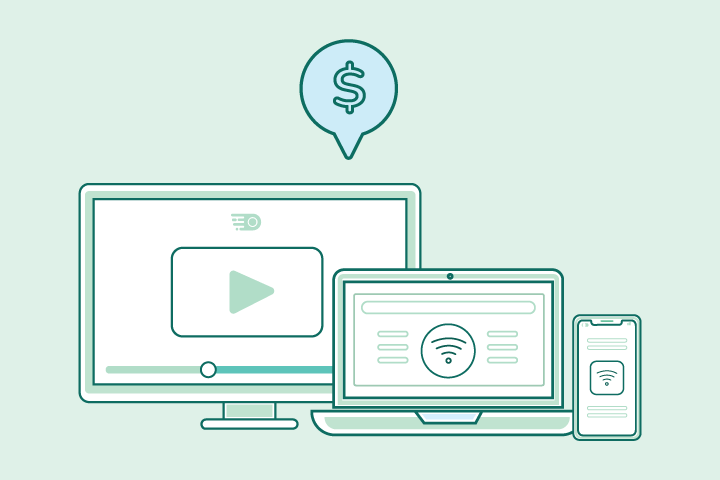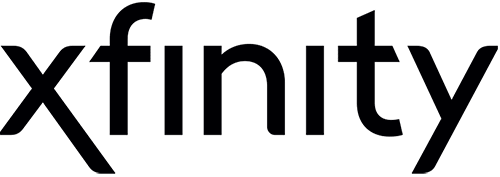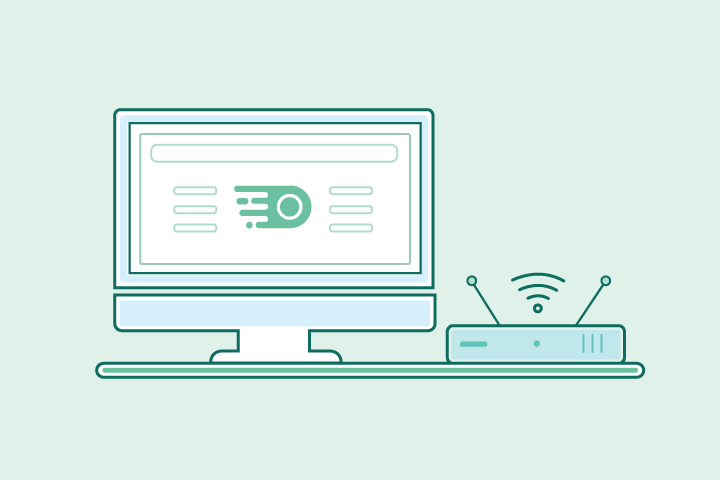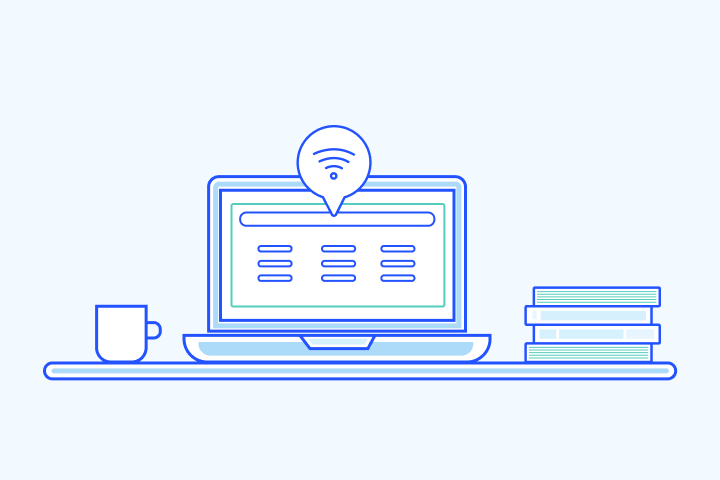Are You Losing Money by Not Bundling?

HighSpeedOptions prides itself on providing honest, quality content. While we may be compensated when you make a purchase through links on our site, all opinions are our own. Here's how we make money.
Table of Contents
Many internet service providers (ISPs) often bundle their internet with other services to give their customers a lower rate. But are these bundles really a good deal? Are you losing money by not bundling your services from a single provider, or is it better to a-la-carte your options?
We go over everything you need to know about bundling, from what it entails to how it can benefit you, the customer. We’ll also explore the best bundle deals for internet and evaluate if you’re better off combining multiple services under one bill or paying for them separately.
If you are happy with your service provider, bundling is a good call.
Enter your zip code to see bundle providers near you
What Does Bundling Mean?
A bundle is a package deal where a service provider will include several services at a discounted rate. Bundling is often cheaper than buying each service individually. Some companies like Windstream and DIRECTV even partner together to offer their services as a package deal. Services that are often bundled together include:
Providers may refer to specific bundles using these common terms:
- Double Play: a bundle with two services (often internet and TV)
- Triple Play: a bundle with three services (often internet, TV, and phone)
- Quad Play: a bundle with four services (often internet, TV, phone, and home security)
With so many consumers cutting the cord from traditional TV programming and opting for streaming services instead, service providers are incentivized to create attractive bundle deals to retain customers. A Deloitte survey found that bundling retained 56% of pay-TV subscriptions in 2018.
Why You Should Bundle Services
Bundles give customers a better deal on services they need by providing cheaper rates and more value per service. Typically, a customer can expect to pay lower monthly fees on their bill by as much as $5-$40. And better yet, companies tend to offer better options together to sweeten the bundle deal.
For example, you may find bundle options with faster internet speeds at a lower price compared to buying internet as a standalone service. This essentially increases the value of your plan and saves you money on multiple home services each month.
Best Internet & TV Bundles
Many of the best internet and TV bundles come from big communication providers. But there are also great deals to be had from many regional providers who will dramatically discount the bundle to get you to switch. In these situations, the customer wins. Here are a handful of top providers that offer great bundle deals.
Xfinity
Xfinity offers the best plan variety, offering download speeds of up to 2,000 Mbps and over 260 channels on their TV subscription for a reasonably low rate. Of course, you’ll want to read the fine print because these low introductory prices often expire after 12 – 18 months.
AT&T
AT&T has the best low-cost fiber Internet with 300 Mbps download speed and over 140 channels for the TV subscription. AT&T also has great availability across the US, and its fiber internet has better latency for streaming and gaming.
Cox
Cox is a regional provider with some of the best Internet bundles. In select areas, they offer bundles with up to 1000 Mbps download speeds and over 250 TV channels for under $40/month. This is a spectacular deal for customers that live where Cox is available.
Spectrum
Spectrum offers low-cost, high-speed plans with 200 Mbps and 125 TV channels with free HD. There are also no data caps, which is critical for streaming thousands of On Demand titles. They have the best-rated customer support and are available in 41 states, including Hawaii.
Optimum
Optimum also offers low-cost, high-speed internet of up to 1000 Mbps bundled with 420+ TV channels. This is a great bundle discount for customers who live in Optimum’s coverage area, including Connecticut, New Jersey, New York, and Pennsylvania. They also offer triple bundles and free installation on select plans.
Pros & Cons of Bundling
While bundling services seems like a no-brainer, there are still pros and cons to consider. Some bundled deals aren’t as transparent as a la carte options, so buyers should do their homework before jumping into a long-term deal.
thumb_upPros
- check_circle
Simplifies your home service setup
- check_circle
Reduces subscription fatigue by consolidating into one bill and one provider
- check_circle
Can include faster speeds or more TV channels or both for a better price
- check_circle
Often comes with additional perks like free installation, premium programming, or waived fees
- check_circle
Integrates the services well because they come from the same provider
- check_circle
Gains multiple services or add-on features for lower prices than buying a la carte
thumb_downCons
- cancel
Bundles can be less transparent than a la carte options
- cancel
May require you to sign a contract for one or more years, which may come with termination fees
- cancel
Some bundling pricing can be introductory and increase over time
- cancel
Plans are sometimes not very customizable, giving customers more than they really need
When considering a bundled package, ask for the price breakdown and details of the plan to eliminate surprises and unmask potential internet fees. By understanding everything in the bundle, you’ll have a better gauge of whether it’s the best deal for your service needs.
Who Shouldn’t Bundle Services
While most families enjoy a variety of entertainment and internet options, bundling isn’t for everyone. In some cases, where the customer doesn’t use the internet as often or rarely watches TV, they may want a standalone solution.
When the bundles are way more than you need, you might find it is better to customize your own plan to fit your entertainment needs. For example, someone who has several video streaming subscriptions like Netflix, Hulu, or Disney+ doesn’t need a 240-channel cable TV plan. You’re better off just buying a really great internet plan with fast download speeds and unlimited data for streaming.
Deciding whether it is better to bundle or not comes down to your family’s lifestyle and internet usage. A la carte will make more sense if you’re a light user. If you enjoy both often, the bundle will be the better deal.
Final Thoughts
Bundling your home services can provide many benefits, from cheaper monthly rates to faster internet speeds. Who should get one, though, really comes down to your household needs.
For families that want full connectivity, bundles make a lot of sense. Whereas people who just need a connection for remote work might find a standalone internet plan better suited for them. No matter which route you take, always be sure to read the fine print and know when promotional pricing ends if there is any.
Use our zip search tool to find the best internet providers and bundle deals near you, and compare all your options.
Find providers in your area

Table of Contents









